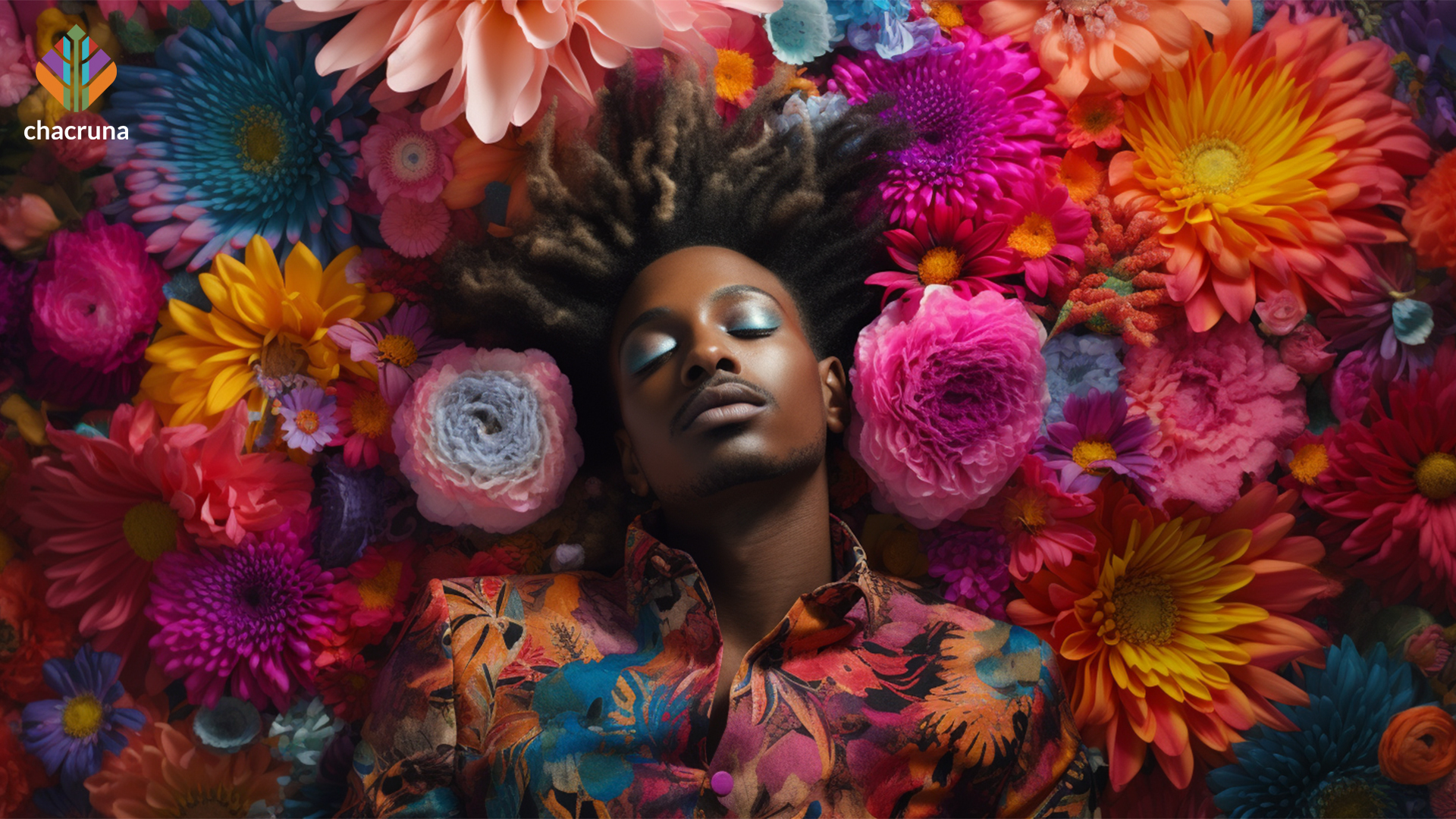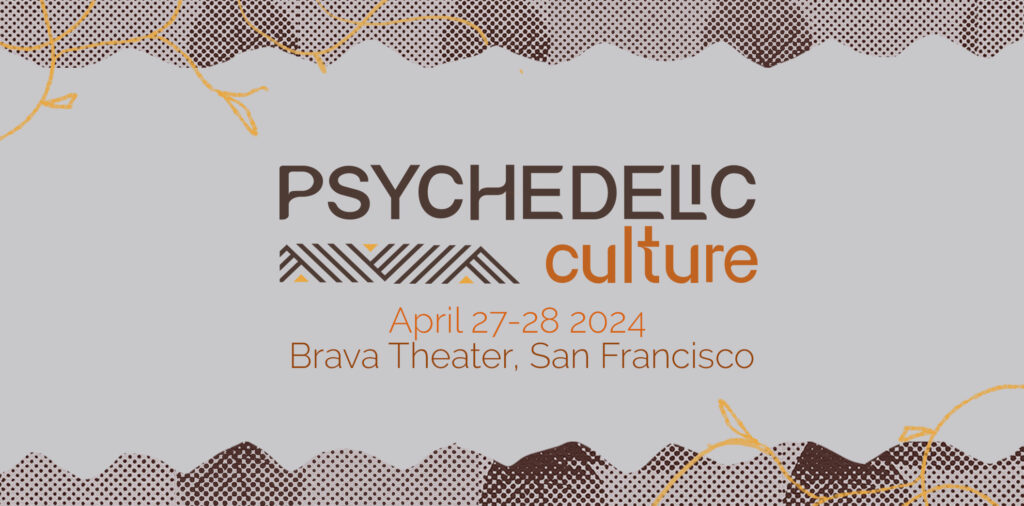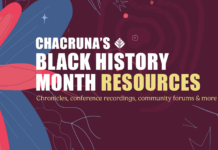Healing the traumas faced by Black queer individuals requires a multifaceted, culturally responsive approach. For Black queer people, Afri- can Diasporic spiritual systems offer a welcoming, affirming community and set of practices that celebrate their identities. As psychedelic-assisted psychotherapy continues to show promise as an effective approach to heal- ing psychological trauma, integrating psychedelic medicine with African Diasporic spirituality supports ancestral practices that are ingrained in the spirits of Black queer people.
A BRIEF DISCLAIMER
This chapter will focus on Black Americans (i.e., Americans who directly descended from enslaved Africans sent to the United States), because I cannot do justice to all peoples of Africa and the African Diaspora in one book chapter. In my commitment to honoring my ancestors, my ori, and the traditions throughout African spiritualities, I will introduce those concepts broadly. However, a richer discussion would be reserved for a book or monograph. Despite the disclaimer, this chapter provides a broad understanding of how queer intersectionality and psychedelic medicine were— and are—celebrated in traditional African spiritualities.
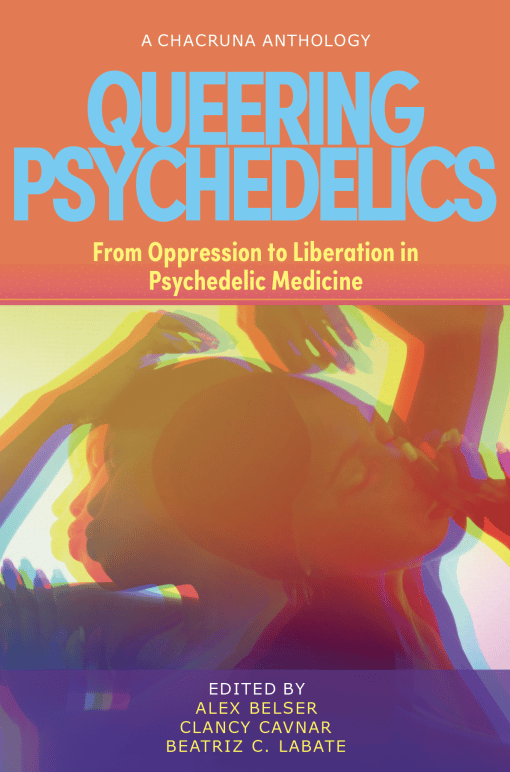
Explore Queering Psychedelics: From Oppression to Liberation in Psychedelic Medicine
IS AFRICAN DIASPORIC SPIRITUALITY ANTIQUEER?
Before Europe colonized Africa, many African societies saw no distinction between queer1 and nonqueer individuals. In fact, the Langi people in present-day Uganda recognized mudoko dako as a separate gender (Conner and Sparks, 2013). The mudoko dako were assigned male at birth but they identified as women. In fact, Langi society viewed and treated the mudoko dako as women, and they were able to marry men without any social restrictions. There is also historical evidence that some monarchs, such as Kabaka (king) Mwanga II, were queer. Reigning from 1884 to 1897, he was the last independent monarch of Buganda, which is present-day Uganda (the Editors of Encyclopaedia Britannica, 2007). He had sexual relations with both male and female servants (albeit nonconsensually), and same-sex relations in his kingdom were largely met with indifference. It was not until the end of the nineteenth century, when the British forced Mwanga II to give it control of Buganda, that Christian ideas of sexuality were heavily imposed upon the Buganda people. By 1902, just five years after Mwanga II was deposed, Buganda (at this time, Uganda) criminalized homosexuality as part of the Victorian-era morality laws (Jjuuko, 2013).
Ethnographic work by Rudolf Gaudio (1998) suggests that Hausa men who have sex with men see themselves as “gay,” but their understanding of the term differs substantially from the Western idea of “gay.” As Gaudio noted,
If “gay” is seen to refer only to the overt, politicized gay communities that have emerged in the West in the past one hundred years, it surely does not apply to the Hausa men . . . in Nigeria, most of whom have little if any knowledge of Western gay life. If, however, “gay” is understood to refer to men who are conscious of themselves as men who have sex with men, and who consider themselves to be social (if not temperamentally distinct from men who do not have this kind of sex, these Hausa men are undoubtedly “gay” . . . (p. 117)
These are but a few examples, but acceptance and celebration of sexual and gender diversity was well enshrined in the culture of many precolonial, traditional African societies.
The transatlantic slave trade also cemented antiqueer sentiment among enslaved Africans, long before Mwanga II was deposed. During American slavery, White enslavers created an antiqueer Christian theology from a handful of wrongfully interpreted Bible verses. That theology further suppressed same-sex relationships, as well as relationships between cisgender and transgender people, falsely labeling them as “abominations.” In addition, White enslavers engaged in a practice of “buck breaking,” which involved the enslavers or their proxies raping enslaved African men. Buck breaking was designed humiliate and emasculate the enslaved African men, sometimes in front of the men’s families. As duCille (2018) noted, “oral and anal sodomy was, by some accounts, a ritualistic instrument of submission, designed to debase, emasculate, and control male slaves, especially those who dared to resist” (p. 30). This practice, accompanied by the Eurocentric biblical belief that queer identities are abominations, contributed to queer Black people being further marginalized.
Using plant-based and psychedelic medicines … and receiving prophecies from queer enslaved Africans were avenues of ensuring [enslaved africans‘] ability to survive and overcome the horrors of slavery.
For many enslaved Africans, maintaining their traditions was a means of survival. Hiding their spiritual and healing practices under the auspices of forced Christianity not only preserved their cultures, but also served as a mechanism for honoring their ancestors in the face of atrocity. This was especially critical because they were not afforded the same quality of care as their oppressors. Thus, using plant-based and psychedelic medicines (commonly referred to as root work) and receiving prophecies from queer enslaved Africans were avenues of ensuring their ability to survive and overcome the horrors of slavery. In a similar vein, the use of psychedelic medicine facilitated spiritual revelations that empowered Africans to resist their oppressors.
Today, the intersection of sexuality and race brings a complex experience for Black queer individuals. In addition to navigating society through the lens of their identities, they may also experience multiple types of traumas simultaneously (Crenshaw, 1989; Meyer, 1995). The racial trauma that Black Americans experience is rooted in both overt and covert racial aggressions. But it is also linked to the generational and historical racial traumas that their ancestors endured. For many such as myself, the many examples of Black people being murdered by law enforcement is a painful reminder of our ancestors being chased, tortured, and murdered by White slave patrols in their efforts to escape the horrors of slavery. These images and stories remind us of the atrocious human rights violations our ancestors survived. From an epigenetic perspective, the trauma of slavery is etched in our DNA.
Find more information on the upcoming Psychedelic Culture Conference.
AFRICAN DIASPORIC SPIRITUALITY AND THE BLACK QUEER PERSON
For many Black queer individuals like myself, spirituality offers a refuge from racist, oppressive systems. In fact, for many of us, spirituality is a grounding force. However, Black queer people have also noted that being “out” is not possible for them in certain spiritual or religious spaces. In fact, we have often described the discriminatory, stigmatizing, and sometimes hateful messages preached about the queer community—messages that are masqueraded as “Bible based” or “Scriptural doctrine.” As such, we often receive two conflicting messages: “You are made in God’s image—but not if you’re queer.” The cognitive dissonance this forces upon us, that we are both “fearfully and wonderfully made” and “an abomination unto God,” has led many to find spiritual fulfillment outside the structure of Western Christianity.
Contrary to Western Christianity, African spirituality offers a holistic framework that affirms Black queer individuals, not only as the children of continental Africa, but also as valued members within the spiritual communities.
Contrary to Western Christianity, African spirituality offers a holistic framework that affirms Black queer individuals, not only as the children of continental Africa, but also as valued members within the spiritual communities. In many African Traditional Religions (ATRs) including Ifa, Lucumí, Palo, and Haitian Vodou, Black queerness finds a home through the ancestors, spirits, lwa, and orisha. Together, these elevated spiritual beings and deities provide acceptance, comfort, guidance, and protection to their followers. Contrary to popular belief, ATRs are monotheistic. They support the idea of a supreme God who created all things in the universe. In addition, ATRs highlight the interconnection between the physical and spiritual planes as well as honoring the ancestors. It can be said that venerating and communing with the ancestors is the first step to spiritual elevation in ATRs. In African Diasporic spirituality, antiqueer beliefs run contrary to the core beliefs that ground the faith. Thus, many Black queer people may embrace African diasporic spirituality because, in many ways, it provides comfort and community in ways that other spiritual and religious traditions do not.
PSYCHEDELIC MEDICINE IN AFRICAN SPIRITUALITY
Within African spirituality, working with nature to bring about change is important. People who traditionally work with nature and herbs have been referred to as healers or “root workers.” These healers were, and still are, often the first or only practitioner with the expertise to address physical and mental health conditions, as well as issues related to the spirits and everyday life. In South Louisiana, where Louisiana Voodoo is practiced, for example, it is common to see some people visit the local healer because there is not an affordable medical practitioner in the area. They may also visit healers because they have a strong history of receiving the kind of culturally responsive and holistic care they require. In either case, working with herbs and natural elements has a strong and vital place in Black queer health.
Psychedelic medicine remains one of the oldest, yet most stigmatized, natural medicines in Western society. However, in African societies, psychedelic medicine has played a substantial role in healing. For example, the Bwiti spiritual practices in Gabon, Cameroon, and the Republic of the Congo use iboga as part of healing and divination ceremonies. The Bushmen people in Botswana use kwashi, a psychedelic plant that is used as part of “scratching.” An incision is made on the scalp and juices from the plant’s bulb are rubbed into the wound. Psychedelic medicine was not restricted to diviners and healers, however. In Mozambique, Datura fastuosa was used as part of fertility initiation ceremony for Shangana-Tsonga girls (Johnston, 1972).
Psychedelic medicine remains one of the oldest, yet most stigmatized, natural medicines in Western society. However, in African societies, psychedelic medicine has played a substantial role in healing.
Several other examples of psychedelic healing have been observed in various traditions across continental Africa (Sobiecki, 2008; Williams et al., 2020). For some Black Americans, turning to plant-based medicines for healing is a response to a long history of medical mistrust. Furthermore, the use of psychedelics can facilitate spiritual development—especially for Black queer people like me. Psychedelics can open pathways for Black queer individuals to commune with and receive guidance from their ancestors, the spirits, lwa, and orishas. This communication can also provide greater clarity to one’s own experiences of psychological and physical trauma.
The question remains: hat do these exemplars mean for the Black queer person—especially the Black queer person seeking to heal from intersectional trauma? To answer this question, we must consider three points. First, psychedelic medicine has a strong and vibrant history in African healing practices. Second, they have been used extensively as part of rich African spiritual traditions that still influence current religious practices among Black Americans today. Third, Black queer individuals who follow African spiritual traditions descend from a lineage of seers, healers, and root workers. As such, it can be argued that psychedelic healing is the Black queer person’s birthright. To that end, true progress in psychedelic research and advocacy requires the intentional inclusion of Black queer individuals as experts in their own rights; especially those who practice psychedelic healing through the lens of African spirituality.
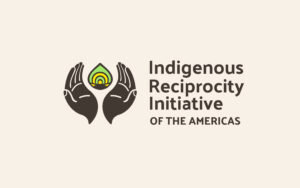
Discover the Indigenous Reciprocity Initiative of the Americas
CONCLUSION
Intersectional healing for Black queer individuals requires a multifaceted approach; anchoring psychedelic therapeutic interventions within African Diasporic spirituality can enhance psychological and spiritual healing. Unfortunately, there is little research on the utility of psychedelic medicine as a component of intersectional healing through the lens of African Diasporic spirituality. Many of the prevailing models of psychedelic healing are based upon White-centered epistemologies that have been applied to Black queer populations. Consequently, the existing realities of healing through psychedelic medicine can only be understood through Whiteness. Turning toward Black queer ontologies through African spirituality, however, can create a robust system for examining intersectional healing through the lived experiences of those whose ancestors have long laid claim to such practices.
Reclaiming psychedelic medicine for Black queer individuals goes beyond understanding the core tenets of African Diasporic spirituality. Instead, it demands that science, practice, and advocacy give up the Eurocentric privilege that has long supported the psychedelic renaissance in the United States.
Reclaiming psychedelic medicine for Black queer individuals goes beyond understanding the core tenets of African Diasporic spirituality. Instead, it demands that science, practice, and advocacy give up the Eurocentric privilege that has long supported the psychedelic renaissance in the United States. Furthermore, current gatekeepers of psychedelic knowledge and practice should create spaces in institutions of power for Black queer individuals. Additionally, the gatekeepers should provide financial, human, and other resources for Black queer healers to develop protocols, guidelines, and other resources that support intersectional healing through an Africentric lens. Admittedly, this is largely uncharted territory for science and practice. However, these are but a few of many opportunities that may expand the use of psychedelic medicine to heal the intersectional traumas that many Black queer people experience.
Note: “Queer Identity, African Diasporic, Spirituality, and Intersectional Healing through Psychedelic Medicine” by Kaston Anderson was originally published in Queering Psychedelics: From Oppression to Liberation in Psychedelic Medicine (Synergetic Press 2022).
Art by Trey Brasher.
Notes
1 Many groups have debated the use of “queer” as an inclusive term for sexual and gender minorities. Although the term is historically pejorative, many LGBTQIA+ individuals have reclaimed it as a valid identity. Thus, I use “queer” to refer to indi- viduals who are not heterosexual or cisgender, while recognizing the use might be triggering for some audiences.
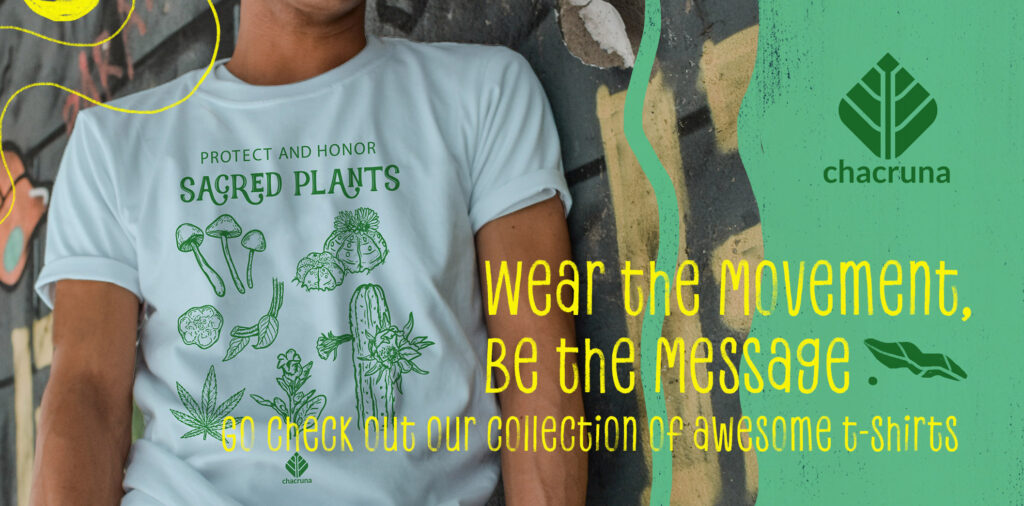
Shop our Collection of Psychedelic T-Shirts.
Take a minute to browse our stock:
Did you enjoy reading this article?
Please support Chacruna's work by donating to us. We are an independent organization and we offer free education and advocacy for psychedelic plant medicines. We are a team of dedicated volunteers!
Can you help Chacruna advance cultural understanding around these substances?


